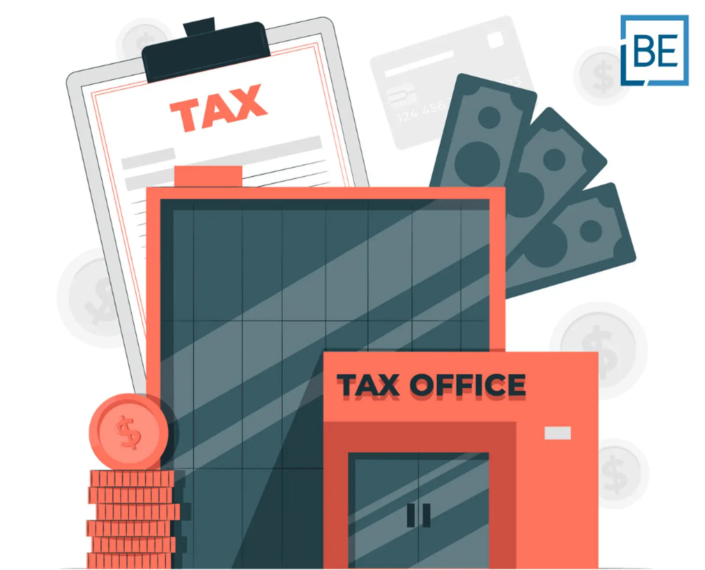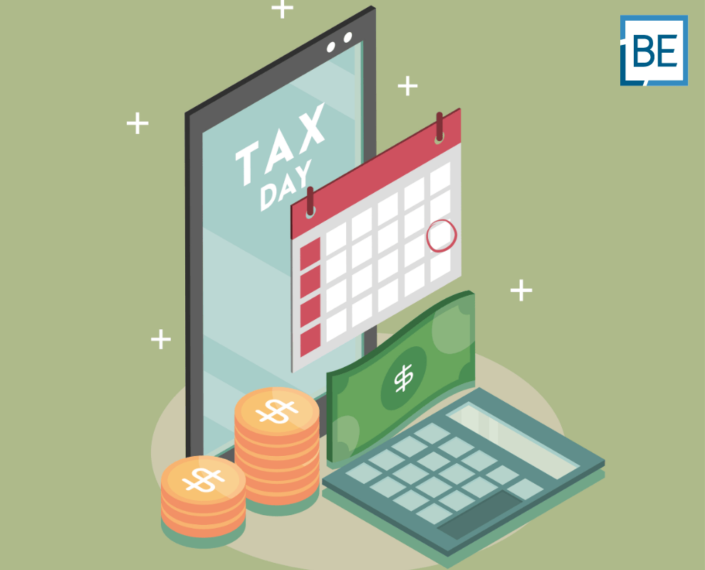Belaws Home ›› Thailand ›› Blog ›› E-certificate for Patent and Designs is now available
News
E-certificate for Patent and Designs is now available
14/07/2022
Thailand’s Department of Intellectual Property of Thailand (DIP) has announced the introduction of QR Codes and Reference Numbers on patent certificates. The use of QR Codes and Reference Numbers will allow patent proprietors or anyone else to verify and download an electronic certified copy of the letters patent via the DIP website.
Key points
- Patent certificates can now be verified electronically through the use of QR codes included on the patent certificate.
- Electronic signatures will also be used to track-back in the event of forgery of messages appearing on the patents or electronic signatures.
- The new system will reduce the time it takes to issue a granted patent certificate from two months to 15 days.
What are the advantages of using QR codes and reference numbers?
The use of QR codes and reference numbers as a verification feature allows the proprietor to have the option to receive an electronic copy of the certificate instead of the physical certificate.
This feature will save both time and money when compared to the physical certificate delivery. The new system will reduce the time it takes to issue a granted patent certificate from two months to 15 days.
When did this new feature get introduced?
The QR Codes and reference numbers system was implemented for patent and petty patent certificates by the DIP in May 2021.
How will these new features be included in a certificate?
The new features will be included on the physical certificates (patent certificates, design patent certificate) in the following ways:
1) Security Paper – patents will be issued on 220-gram paper with the serial numbers appearing on the bottom left corner of the patent.
2) Royal Seal (Garuda) and red ribbon – bas-relief Royal Seal and Department of Intellectual Property (“DIP”) seal affixed on the patent.
3) QR Code will be placed on the bottom right corner of the design patent and petty patent. Scanning the QR code will provide access to the full version of the e-certificate signed digitally by virtue of Sections 26 and 28 of the Electronic Transactions Act B.E. 2544 (2001), as amended.
4) Reference Numbers and QR Codes can be verified at https://verify.ipthailand.go.th. The procedure for checking Patent/Design/Petty Patent with the reference number is also available on this page.
5) Patent numbers will be shown in a perforated vertical line on the right side of the certificate.
6) Digital Signatures will be implemented in the new patent certificate by using Public Key Infrastructure (PKI) to encrypt electronic data. This allows the officials to track-back in the event of forgery of messages appearing on the patents or electronic signatures.
The rise of electronic transactions in Thailand
Electronic transactions have grown to become a crucial part of our lives. Thailand’s government is looking to embrace this trend and is in the process of developing an electronic system that allows processes such as filing applications, official fee payments, signing of certificates and receipt of certificates to be completed via electronic means.
The development of such as system builds upon what was established in the Electronic Transactions Act B.E. 2544 (2001), (as amended, and the Royal Decree prescribing the Principles and Rules of Electronic Transactions in the Public Sector B.E. 2549 (2006)); which states that any transactions that were made electronically (where the use of electronic means is permitted) shall carry the same legal consequence as if having been concluded in a traditional fashion.
For more information on the use of electronic signatures in Thailand, please take a look at our blog post on the subject here.
How can our experts help?
If you are interested in learning more about how your business can navigate the often tricky Intellectual Property laws, please feel free to book a consultation with our experts.
Please note that this article is for information purposes only and does not constitute legal advice.
Our consultations last for a period of up to 1 hour and are conducted by expert Lawyers who are fluent in English, French and Thai.
Consultations can be hosted via WhatsApp or Video Conferencing software for your convenience. A consultation with one of our legal experts is undoubtedly the best way to get all the information you need and answer any questions you may have about your new business or project.
USD 150
Up to 1 hour
Online payment (Paypal or Credit card)
Legal consultation can be conducted in English, French or Thai
Legal consultations are handled by experienced lawyers from the relevant fields of practice
Frequently asked questions
Can a foreigner own a condo in Thailand?
Foreigners can fully own condos in Thailand (subject to the condo developments foreign ownership quota).
Can a foreigner own a land in Thailand?
For the most part foreigners cannot own land in Thailand (there are certain exceptions which are outside the scope of this article).
Is there any fees when purchasing a condo in Thailand?
Purchasing property in Thailand is subject to the following fees.
Transfer Fee
The Thailand Land Department charges 2% of the appraised value of the property.
Business Tax
Business Tax is assessed at 3.3% of the appraised value. However, it’s only payable if the property is sold within the first five years of ownership. If not, stamp duty will be imposed instead.
Stamp Duty
A Stamp Duty of 0.5% of the total registered value of the property will be imposed. When specific business tax is applicable, stamp duty is not required.
Withholding Tax
Whether Withholding Tax is applicable depends on whether the seller is a company or an individual.
Withholding Tax for a company is fixed at 1% of the appraised value or 1% of the sales price (whichever is higher).
Withholding Tax for an individual is calculated at a progressive rate depending on the appraised value of the property.
What type of property can foreigners own in Thailand?
Thailand has no restrictions relating to nationality when buying/selling a condo, therefore a
foreigners can buy and own a condo unit.
Related posts
Subscribe today
Subscribe today
To our newsletter for all the latest legal news
in South East Asia, Belaws updates and
special promotions on our services.
To our newsletter today for all the latest legal news in South East Asia,
Belaws updates and special promotions on our services.






 Airbnb and the Tourism Authority of Thailand work together to promote remote work
Airbnb and the Tourism Authority of Thailand work together to promote remote work